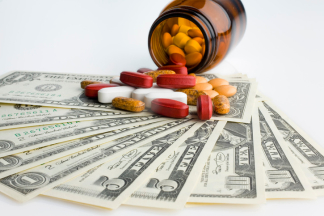Trends: Increase in Opioid-related Hospital Stays for Older Patients
Among patients ages 65 and older, the rate of opioid-related hospitalizations jumped 34 percent between 2010 and 2015, according to statistical brief from the Agency for Healthcare Research and Quality.





